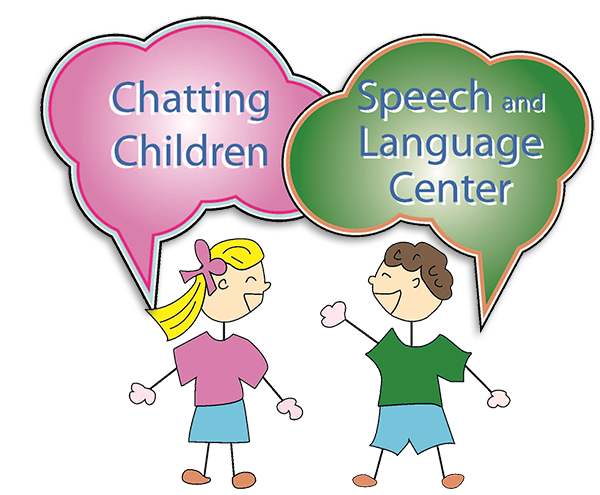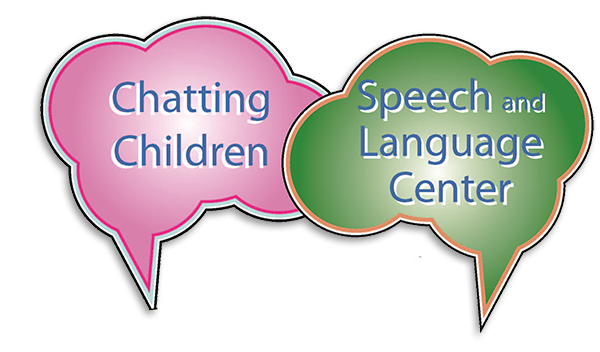YES, ALL BOOKS! Reading books is a perfect way to work on both receptive and expressive language skills. Although it is very tempting to simply read a book to your child, take an extra few minutes to talk about each picture on the page versus just reading the book. Label objects (e.g., mailbox, helicopter, watermelon), verbs (e.g., “Look, she is pouring and he is drinking.”) and descriptors (e.g., “This girl is wet but this boy is dry”). Once a child’s vocabulary includes nouns, verbs and adjectives, it’s easier for them to formulate longer, more grammatically correct sentences. Also have your child point to these concepts in a book (e.g., “Which child is wet/dry?”; “Show me the one who is spreading the butter”; “Point to the trophy”). For older children, break the story into parts by working on sequencing after reading the story (e.g., first/then/last). Have them retell the story to another family member. If they have difficulty, give them organizational cues such as “First…”, “and then…”, “last…” Ask your child questions after reading each page to ensure comprehension of what was read (e.g., who, what, where, when, why- type questions). Read books with your child daily… it’s a great way to enhance their vocabulary and improve language skills! It’s also media free time that builds a bond between a parent and child. And because we all have our favorites, here are a few of mine:
- Sandra Boynton books are filled with rhymes and rhythm and great for young children. “Moo Baa LaLaLa”, “The Going to Bed Book”
- Jonathan London Froggy books are filled with intelligent humor perfect for preschoolers. “Froggy Gets Dressed”, “Froggy Learns to Swim”
- Dr. Seuss books are filled with rhymes which help develop phonological awareness and pre-reading skills: “Green Eggs and Ham”, “Are You My Mother”, “Oh, the Places You’ll Go”
- Victoria Kann and Elizabeth Kann books are fun and filled with various emotions that can be discussed and taught to the child who has difficulty understanding pragmatics: “Pinkalicious”, “Pinkalicious and the Pink Drink”
- Fisher Price Little People books are excellent for enhancing children’s vocabulary: “Let’s Go on a Class Trip”, “Let’s Go to the Zoo”, “Cars, Trucks, Planes and Trains”

